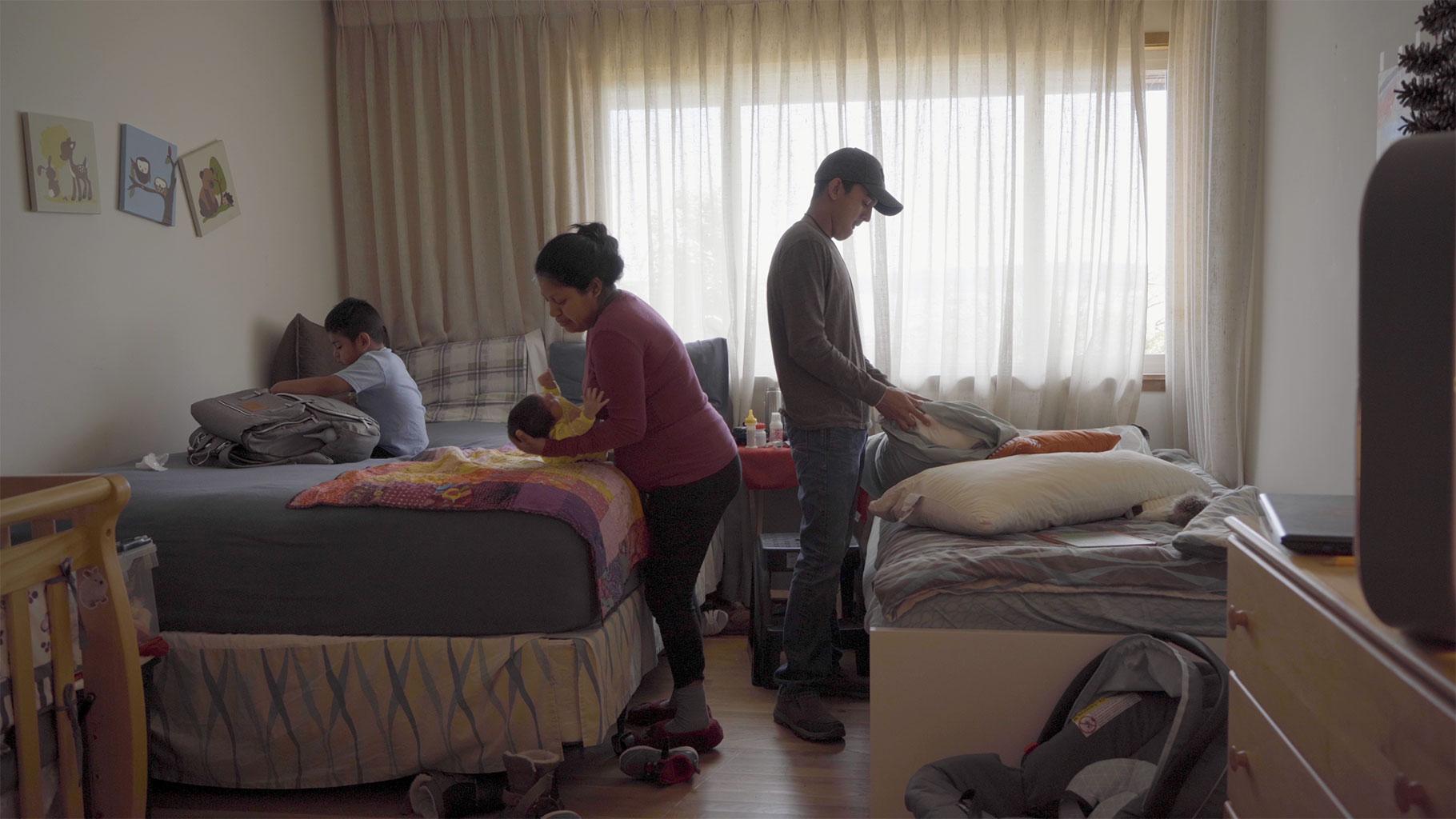
Feature Film Picks for Sundance Film Festival 2023

Desire Lines
(Jules Rosskam, 2024, United States, in English)
A hybrid narrative and documentary film, Desire Lines highlights the importance for transgender individuals to imagine a world where they can uncompromisingly step into their fullness and individuality. One vital step along the way is speaking truth on-screen.
Desire Lines focuses on an often-unshared reality where some transgendered individuals who have transitioned from female to male unexpectedly find themselves attracted to cisgendered men. This change, the film admits, can be full of taboos and judgments which often come from within the LGBTQ+ community itself. Candidly threading together talking heads interviews with dreamy narrative scenes, the film enters in and out of fictional bath houses and a hypothetical research archive of LGBTQ+ histories. It discusses sex, love, and acceptance within one’s body and community, regardless of one’s sexual preferences or distinct journeys with their bodies and realities.
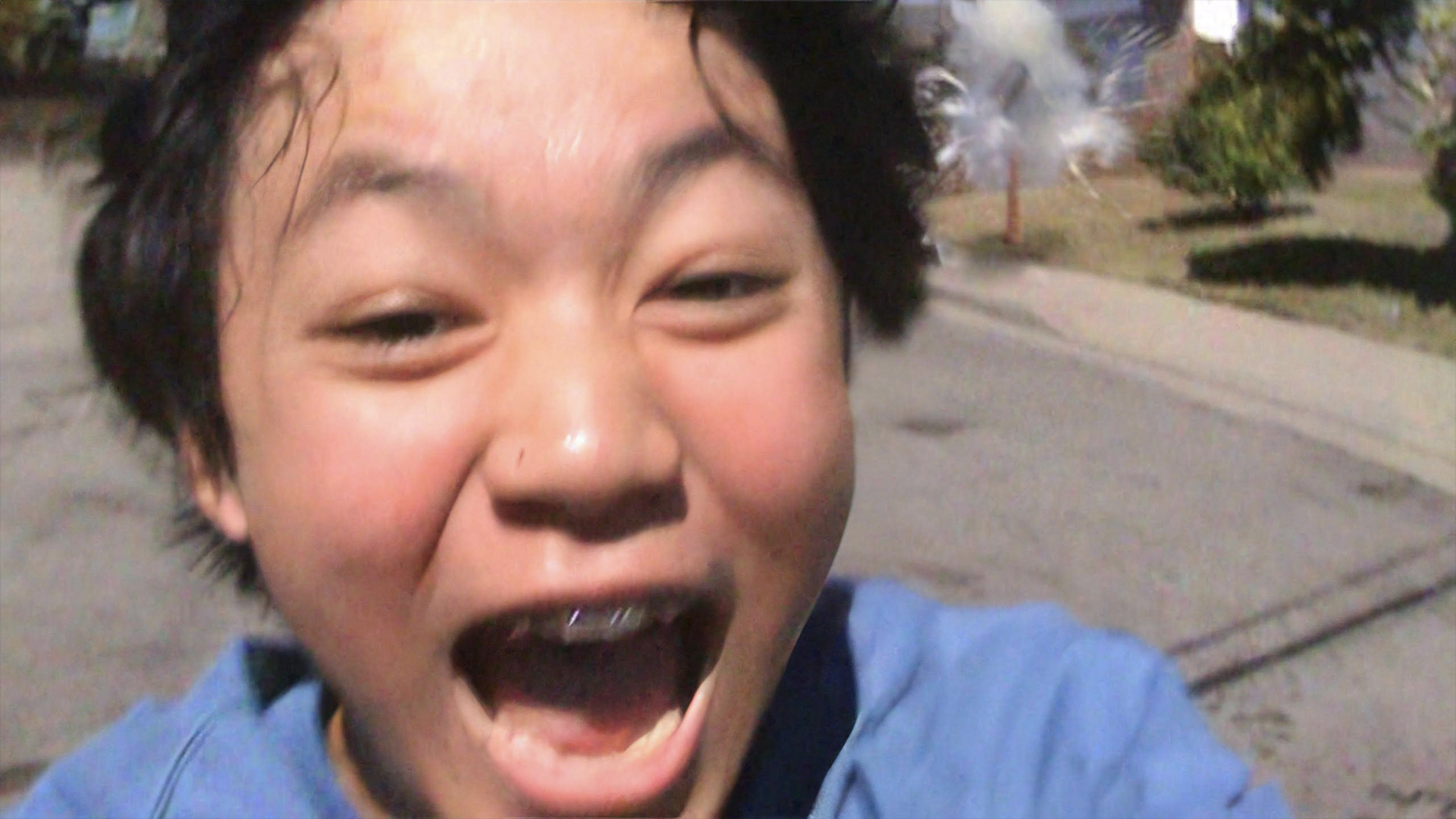
Dìdi (弟弟)
(Sean Wang, 2023, United States, in English and Mandarin)
For some who grew up in the ’90s and ’00s, Sean Wang’s buzzworthy narrative feature film, Dìdi (弟弟), will hit all of the right nostalgic notes. Were you a lover of pop-punk and skate culture? Did you feel emotionally repressed around your Asian family? Did you type in questionable ebonics via AOL Instant Messenger? Did you find yourself feeling tongue-tied around your crush? Well then, you might just see yourself in Dìdi (弟弟) – a semi-autobiographical, coming-of-age tale about a 13-year-old Taiwanese-American boy’s struggle to find his place among his peer groups and family.
Dìdi (弟弟) translates to “little brother” in Mandarin Chinese – but “dìdi” is also a common term of affection for the youngest male child in a family. In this case, “dìdi” lives in the diverse Bay Area community of Fremont, California – and during one transformative summer in 2008, he discovers himself through skateboarding, flirting disasters, and a deepening of his relationship with his mom and sister. His grandma – played by Wang’s real-life grandma – is also adorable.

Eternal You
(Hans Block & Moritz Riesewieck, 2023, Germany and United States, in English and Korean)
Eternal You takes a look at the fast-changing global phenomenon – and growing industry – of companies that utilize Artificial Intelligence to sell chatbots that mimic the personality of deceased loved ones. Focusing on a diverse array of reactions from individuals who pay for such services, the documentary showcases a variety of positive and negative responses. Some users have found closure through the process; some are wary of the artificiality; others are simply lost within their grief and longing.
Despite the cringe-worthy possibilities of such technologies, Eternal You manages to cast what feels like minimal judgment – or at least, presents a balanced view on the topic – so that viewers can come to their own conclusions.

Freaky Tales
(Ryan Fleck & Anna Boden, 2023, United States, in English)
A star-studded film with widely sold-out screenings at Sundance, Freaky Tales may not be for everyone, but is certainly a rip-roaring good time for any room full of fun-loving folks. Described by Sundance as a “mind-blowing mixtape and a joyful ode to the ’80s,” the anthology horror film utilizes a number of cultural touchpoints to showcase four disparate tales that incorporate rap battles, NBA stars, teenage punks, comic books, kung fu, and much, much more. Those who understand and appreciate the singularity of Oakland, California – as a site of resistance and cultural formation within the quickly-shifting San Francisco Bay Area – will be especially tickled by certain “inside baseball” aspects of the film.
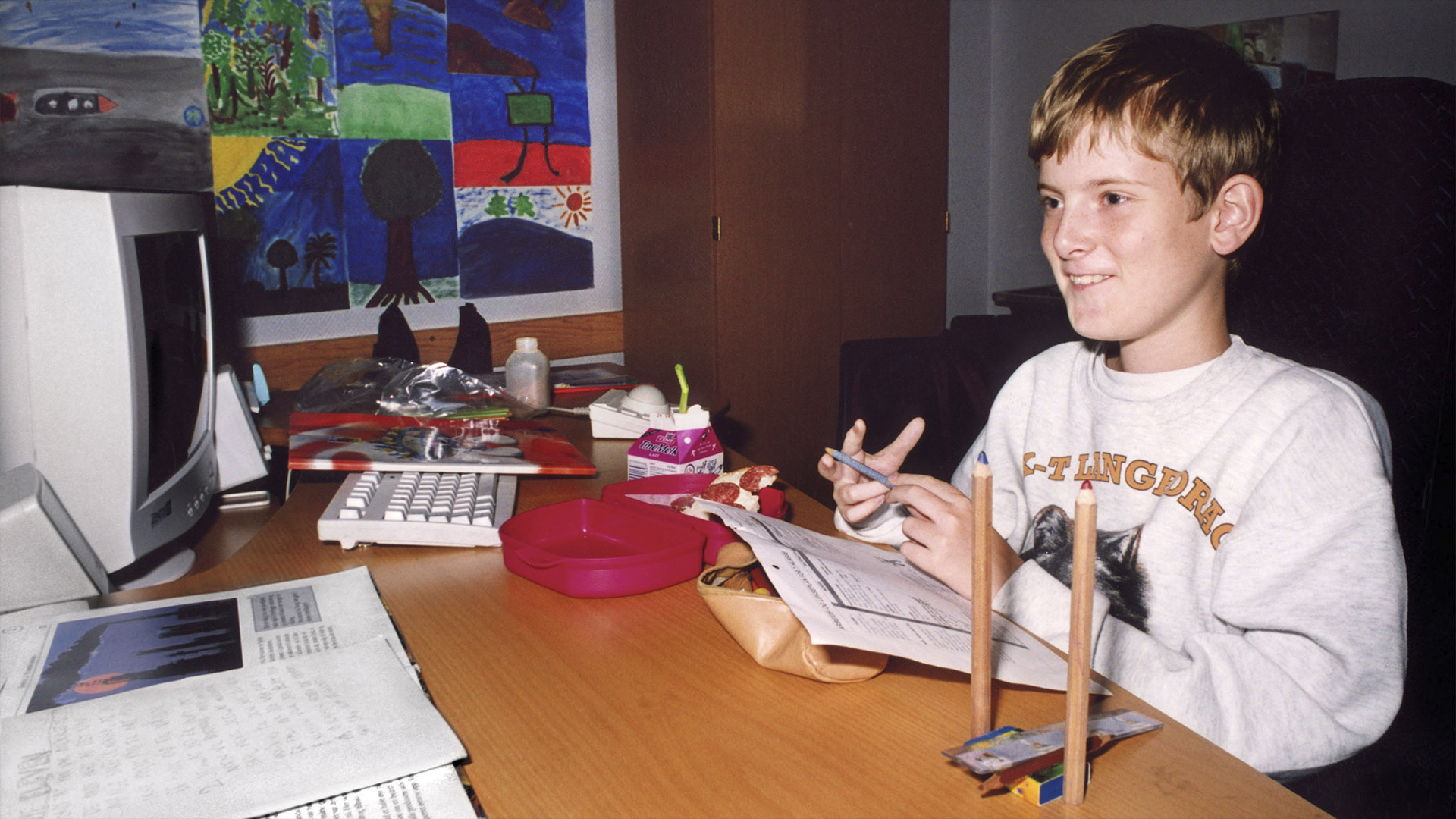
Ibelin
(Benjamin Ree, 2024, Norway, in Norwegian)
When he was 25, a young Norwegian gamer named Mat Steen passed away due to a degenerative muscular disease. His online persona in the massive multiplayer online role-playing game (MMORPG), World of Warcraft, was named “Ibelin.” Taking inspiration from that name, Ibelin is a heart-wrenching documentary that became a crowd-favorite during Sundance 2024. Following one public viewing, a festival-goer contested that there was hardly a dry eye in the entire house; another man admitted that the film got to him even though he “wasn’t very emotional.”
Ibelin dispels any misconceptions that Steen’s life might have been small, lonely, or isolated, despite what it may have looked like to those who were in close physical proximity to him. It uses animated gameplay recreations and interviews with his online community to reveal that the young man was, in fact, very much loved.
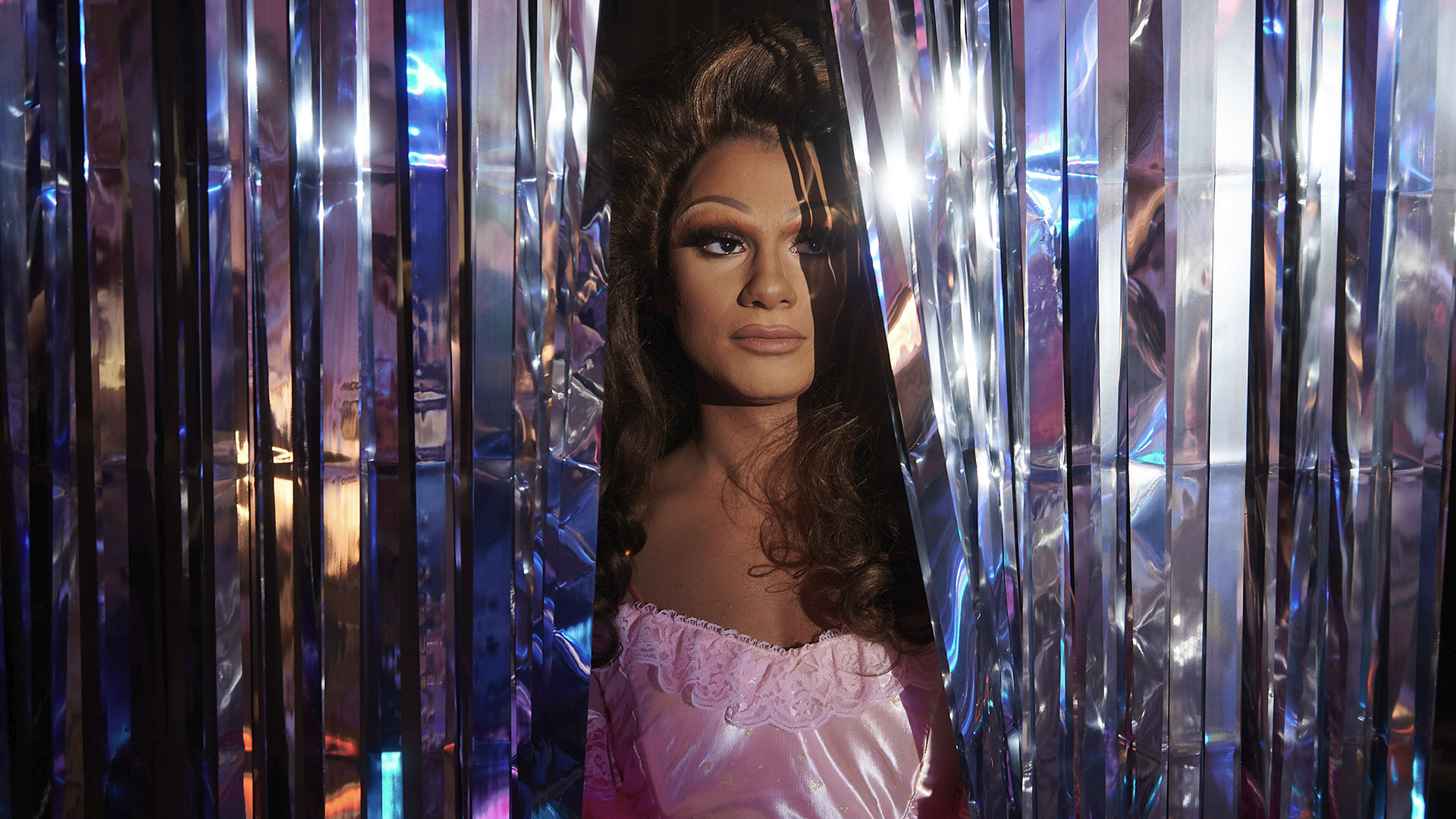
Layla
(Amrou Al-Kadhi, 2024, United Kingdom, in English and Arabic)
Set against beautiful backdrops of DIY drag performance venues and artsy queer households, Layla is a liberatory narrative film about a queer Palestinian drag artist living in the United Kingdom. Though Layla has made a name for themselves through the work they do within their LGBTQ+ community, such a sense of belonging begins to fall apart after their desperate desire to be loved draws them into a relationship with a white cis-gendered gay man. Despite their shared sexual and physical attraction, he doesn’t understand Layla’s gender identity, creative openness, or their immigrant, Muslim upbringing.
Simultaneously, Layla hides part of themselves from their family, due to their fear that they will not be accepted in their fullness. Whether these relationship struggles are self-limiting – and whether they can be conquered – are what is explored throughout Layla. The result is a delightful portrayal of the transgender experience full of laughs, full of tears, and so many other emotions in-between.

Power
(Yance Ford, 2023, United States, in English)
Yance Ford’s documentary essay, Power, is an observation of policing and how its evolution has remained largely unchecked through the decades. The film challenges long-standing toxic structures and habits which allow law enforcement personnel to consistently dodge accountability and abuse their standing in class and privilege, at the cost of others. Quite successfully, the film draws connections between modern policing and landgrabs of Indigenous lands, slave patrols, the expansion of the West’s military industrial complex worldwide, and much, much more.
Power cites Frederick Douglass, saying, “Power concedes nothing without a demand. It never did, and it never will.” Using rarely seen archival footage from hundreds of years ago and recently overseen images of the police murdering Black men, Power shows that what Douglass once said remains true to this day.
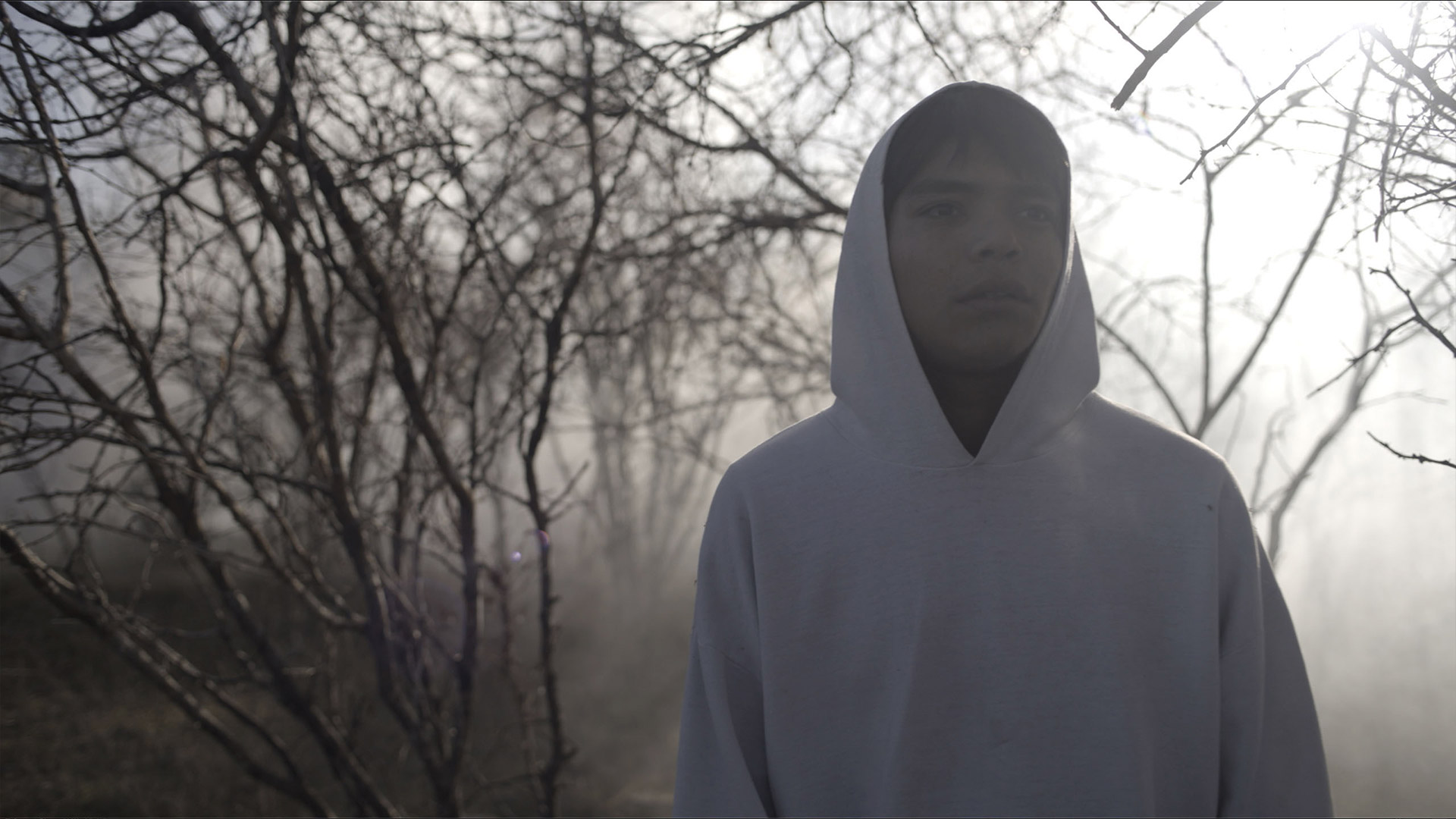
Sujo
(Astrid Rondero & Fernanda Valadez, 2024, Mexico, United States & France, in Spanish)
A narrative feature film with an expansive lyrical and poetic style, Sujo is ostensibly about the forces that keep young Mexican boys under the thumb of drug cartels. Yet the tale is presented in a way that mitigates darkness, poverty, violence, and other harsh realities with the positive forces of family, friendship, dreams, and the beauty of the natural world.
Following a cartel hit on his traitorous sicario father, a 4-year-old Mexican boy, Sujo, is orphaned in the countryside of Michoacan. A cartel member begrudgingly takes sympathy on him and allows him to remain under the custody of his aunt under one condition: Sujo is never to enter the town.
The film is divided into five chapters. The first is “Sujo” and covers the main character’s youngest years; the remaining four are named after family members, friends, and mentors who become central to Sujo’s life path, as he learns to defy the cartel member’s orders and becomes initiated into the gang himself. Sujo owes a large part of its success to its striking cinematography, which serves as a grounding throughline to a tale that is otherwise full of dynamically-shifting environments and emotions. The film uplifts the transformative power of matriarchs, despite a drug war that is often the result of machismo and toxic masculinity.

Sugarcane
(Julian Brave NoiseCat & Emily Kassie, 2024, United States & Canada, in English and Secwepemctsín)
A collaboration between journalists Julian Brave NoiseCat (Canim Lake Band Tsq’escen) and Emily Kassie, Sugarcane is a highly personal look at Canada’s legacy of residential schools and the nation’s recent attempts to confront their traumatizing impact upon Indigenous communities. NoiseCat and Kass first met when they worked together at Huffington Post and began work on the documentary following Canada’s public admission that they had found hundreds of unmarked children’s graves at the formerly Catholic-run residential schools. Specifically, Sugarcane focuses on the Sugarcane Reserve, where children from a number of Indigenous groups near British Columbia were forced to live in an abusive, oppressive environment, far away from their cultures and communities.
Sugarcane is compelling in large part because NoiseCat decided to incorporate his own journey into the film. From that came the story of his father, who was found abandoned in a garbage can at the residential school. Their family story intersects with that of an activist who was researching residential schools well before they became “newsworthy,” as well as current and former community leaders who have been negatively impacted by the horrific legacy.
Though Sugarcane presents multiple stories from multiple families, painful commonalities of abuse and forced loss of culture are similar among all of them. Nonetheless, the film manages to offset such devastations by presenting rich views of the songs, dances, sports, and rituals of powerful Indigenous communities who have managed to thrive, regardless of the many ways that Western society has oppressed them.
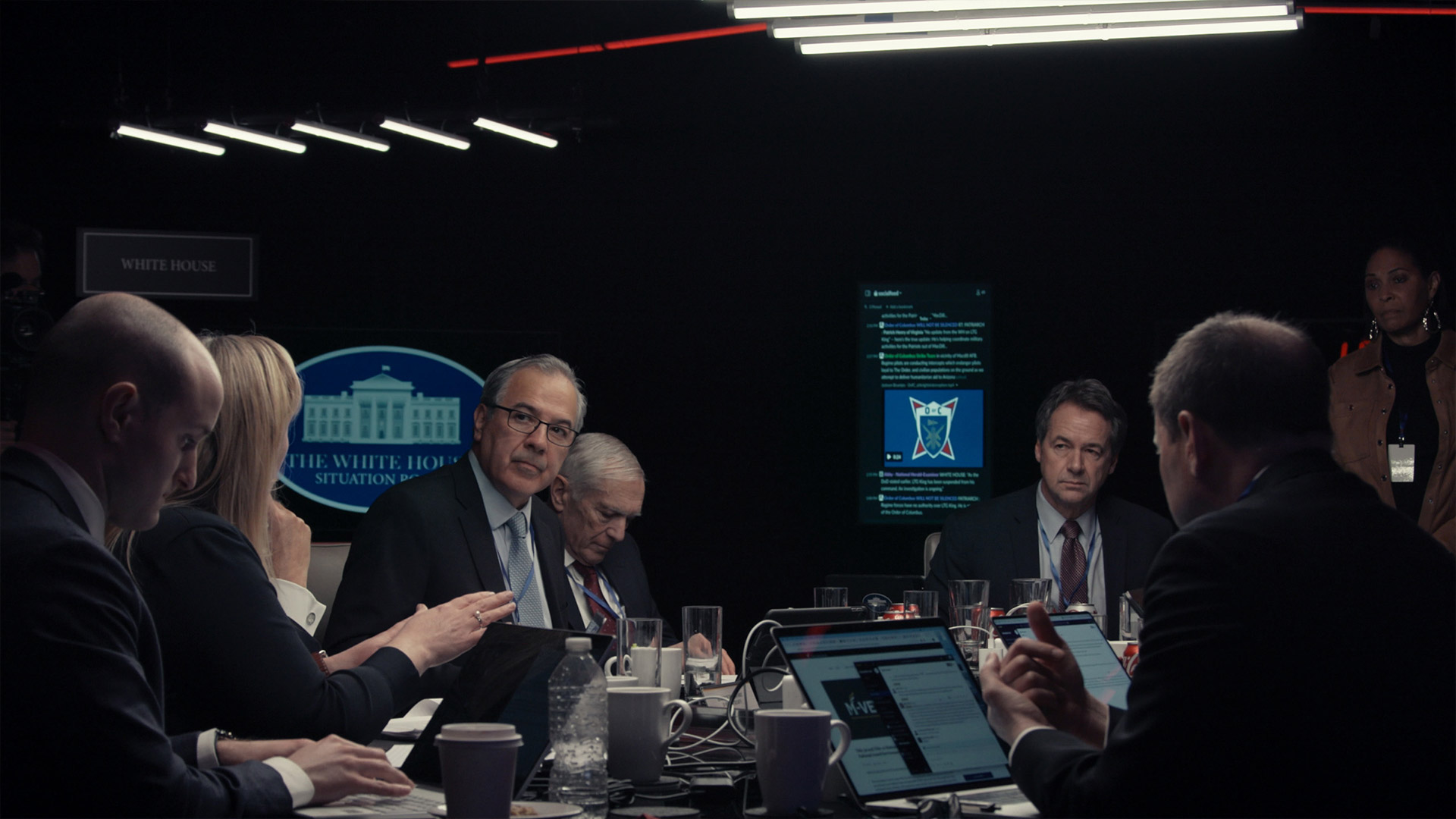
War Game
(Jesse Moss & Tony Gerber, 2023, United States, in English)
War Game is a documentary film that will make your head spin. Following the January 6 insurrection in 2021 – when supporters of former U.S. President Donald Trump refused to accept his defeat and stormed the U.S. Capitol in an attempt to overthrow the election certification process – a number of bipartisan government officials decided to stage a “war game.” Fearful of national security issues and the potential fall of democracy, they gameplayed a scenario that mapped out how another attempted insurrection might unfold, should certain factions of the military fall on the side of the insurrectionists.
To do so, the game organizers put together a nonpartisan network of individuals. Some, who work in the actual United States government, took on roles similar to those they knew in real life. The governor of Montana, for instance, became the United States President. On the other side of the aisle, a team of mock insurrectionists – comprised of experts that study extremist behavior – executed scenarios intended to incite chaos.
The final scenario was documented by the filmmakers of War Game, who were granted exclusive access to an exercise that could prove insightful to the future of the United States, should such post-election turmoil ever unfold again.
Ω





